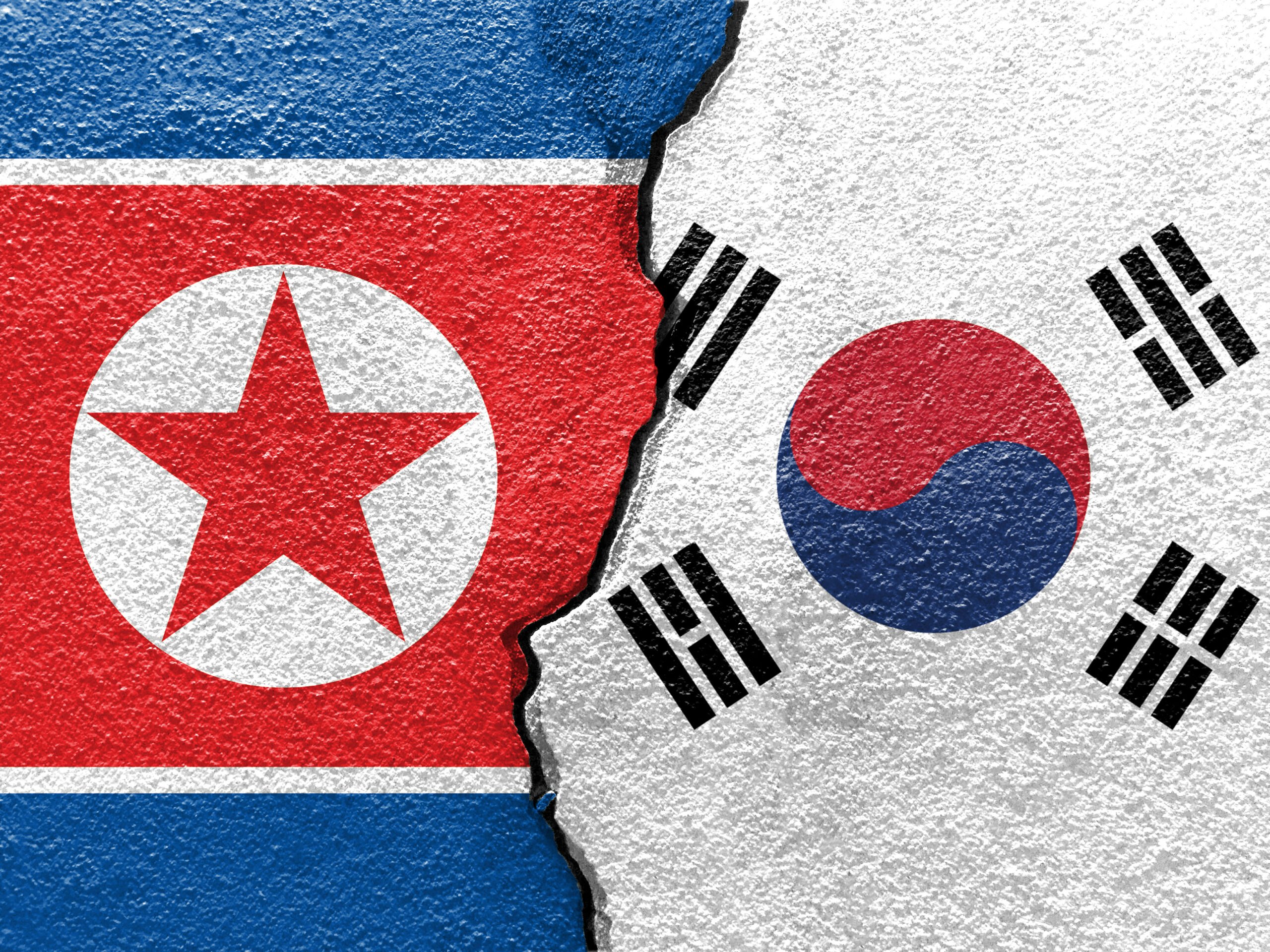Dr. Victor Cha, Senior Fellow at the George W. Bush Institute, answered questions about the current state of the Korean peninsula and how the U.S. should respond.
Q: There have been reports of rising tensions between North and South Korea in the news frequently this past month — from trash balloons to a nullified peace agreement and more. Most recently, it was reported that South Korea has resumed playing anti-Pyongyang propaganda via loudspeakers on the Korean border. Can you explain why this is happening?
A: I think what we’re in the midst of is the ramping up of a propaganda war between the two Koreas. It’s not new. We’ve seen it before. The balloons from North Korea filled with trash are new. The reinstalling of the loudspeakers by the South Koreans is not new, but what it does set up is the possibility that North Korea will take some sort of military action against those loudspeakers.
Q: You mentioned the balloons. Could you explain why North Korea is floating these trash-filled balloons into South Korea?
A: North Korea is sending these balloons with trash and other things in it in response to the restart of civil society information balloons that South Korean NGOs are sending into North Korea to help the North Korean people. These balloons have things like Bibles, newspapers, money, and thumb drives of South Korean music and South Korean dramas to basically give information to the North Korean people. This was outlawed in the previous South Korean government. It’s been reinstated and the North Korean government doesn’t like it. They’re really concerned about it. So, they’re retaliating by sending trash into South Korea.
Q: South Korea fired warning shots after North Korean soldiers crossed the border earlier this week. Can you explain what happened?
A: I think this sort of altercation is the result of the nullification of the CMA, the comprehensive military agreement between the two sides. This is not the armistice agreement. The armistice agreement is still intact, but there’s a comprehensive military agreement that was an attention reduction measure negotiated between the two governments that’s been nullified now as a result of this propaganda war. And so that means both sides can bring firearms into the neutral area, and you could see altercations like this going forward.
Q: Should U.S. foreign policy toward North Korea shift due to these recent events?
A: No, I think what these recent events do show is that a real vulnerable point for the North Korean regime is their fear of information getting into the country. I think the North Korean leader is more afraid of the K-pop group BTS in South Korea than he is of U.S. nuclear weapons. So I think what it does show is that if we want to try to help the North Korean people and to pierce the bubble of the regimes, a focus on human rights and information penetration into North Korea is a good way to go. It’s something U.S. policy has supported in the past and it should continue to support.
Q: What do you predict for the relationship between North and South Korea in the next year? Will tensions continue to rise?
A: I think tensions will continue to rise over the course of the year. North Korea doesn’t like the conservative government in South Korea that’s focused on human rights. It’s also a U.S. presidential election year, and North Korea is always much more militarily active with missile demonstrations and even nuclear tests in U.S. election years. 2024 is going to be a pretty tense year on the Korean peninsula and the United States. Although we’re focused on other issues like Ukraine, and the Middle East, and Taiwan, the U.S. needs to keep an eye on the Korean peninsula.
Q: What do you see as China and Russia’s role in supporting North Korea? Will the relationships between these countries continue to strengthen?
A: Since North Korea has come out of the three-and-a-half-year COVID lockdown, the relationships with both China and Russia have grown or resumed, if you will. It was always strong with China pre-pandemic, and that’s resumed. But what has really changed has been the Russia, North Korea relationship in large part because of Putin’s need for ammunition for the war in Ukraine. Putin is getting a lot of this ammunition from North Korea — now over a thousand shipping containers — 3.5 million rounds of ammunition. North Korean ballistic missiles have really changed the relationship between North Korea and Russia and made it even more important right now, more prominent, than the relationship between China and North Korea.
Q: Is there anything else readers should know about what’s happening on the Korean peninsula?
A: I would say to step back, the Korean Peninsula is the perfect social science experiment in the sense that you have two people that for reasons not of their choosing, were placed in two completely different political systems. And we see what’s happened, what democracy and freedom mean in the south — South Korea is the 12th largest economy in the world, a high-tech country, and K-Pop and K-culture are everywhere, versus in North Korea where you have a dictatorship and autocratic regime. They’re the same people, but they’re starving and suffering human rights abuses. I mean, this really is a tangible example of how democracy and freedom versus the lack of it affect the country and affect people.
This interview was edited for length and clarity.






























